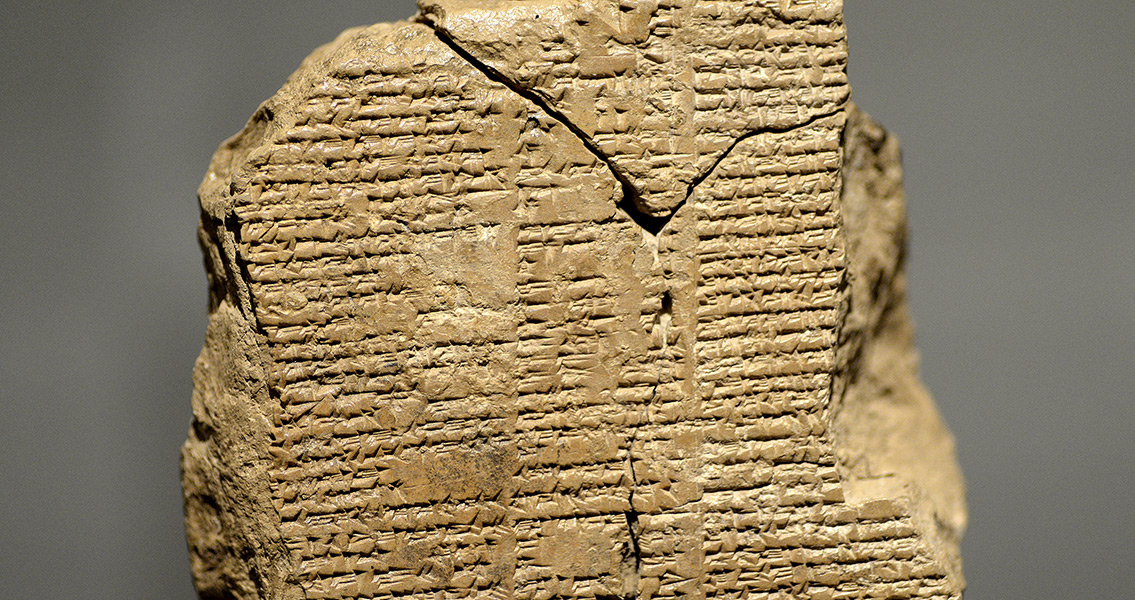<![CDATA[A clay tablet dating from ancient Mesopotamia that was smuggled away from an Iraqi historical museum during the 2003 invasion of the country has resurfaced, providing new and startling insights on one of the most iconic and legendary stories ever. The tablet contains a hitherto undiscovered verse that belongs to "The Epic of Gilgamesh”, one of the earliest examples of literature from antiquity. The new text provides insight into the heroes of the epic poem and their inner conflicts while also providing additional description for a location within the story that had otherwise been missing. The tablet, along with around 80 to 90 others, had originally been purchased from a known smuggler in 2011 by the Slemani, Kurdistan-based Sulaymaniyah Museum. This isn’t the first time the museum has engaged in such purchases, as the desire to preserve valuable artifacts looted from Iraqi museums in the wake of the US-led invasion takes precedence in the eyes of the museum curators. The artifact itself was purchased for a mere $800 after museum staff were informed by University of London Middle-Eastern language expert Farouk Al-Rawi that the tablet was genuine, according to a report from Live Science. Al-Rawi conducted a translation of the tablet in less than a week, thanks to the help of renowned translator Andrew George, who is associate dean of languages and culture for the university. The artifact itself could date to as far back as the Old-Babylonian period of 2003 to 1595 BCE. However, both George and Al-Rawi feel that the inscription dates from the much more recent Neo-Babylonian period of 626 to 539 BCE. Upon translation, both George and Al-Rawi soon realized that the tablet held a portion of “The Epic of Gilgamesh”, a story often considered to be the first epic poem ever written as well as one of the first – if not the very first – pieces of great literature ever to be recorded. The clay tablet used to record this portion of the tale held a version of the fifth tablet in the series with one important difference: this version had 20 lines of verse that were previously unknown. The story retells how the titular king of Uruk and his companion Enkidu traveled to the home of the gods, a region known as the Cedar Forest, to battle with Humbaba, an ogre. The new verses provide descriptions of the forest that are not present in other versions of the tablet. George remarked to Live Science that where previous versions depicted the forest as quiet and serene, the new verses describe how noisy the region was, complete with monkeys screaming from the trees and cicadas and birds filling the air with song and sound. The description of the natural landscape in this complete tablet is a rarity in Babylonian narrative verse, stated George. Other lines of verse on the tablet offer confirmation of details that are referenced in other parts of what was considered the complete text up until now. The heroes express a measure of remorse for raining destruction down on the Cedar Forest during the fight with Humbaba, in one example, presenting a highly unusual amount of ecological awareness. ]]>
Smuggled Clay Tablet Goes on Display at Museum
